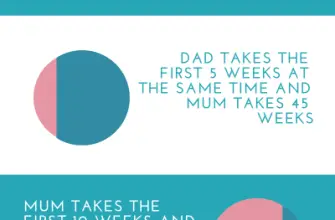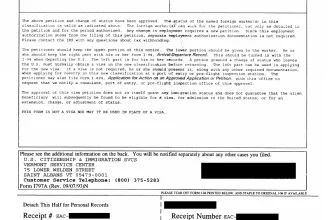Applying for British citizenship, also known as UK naturalisation, is a significant step for those who wish to make the United Kingdom their permanent home. This process can be complex and time-consuming, with many factors influencing the UK naturalisation timeline. This guide aims to provide a comprehensive overview of the process, including how to apply for British citizenship, the timeline insights, and the potential reasons for delays in the citizenship time processing.
Understanding UK Naturalisation
Naturalisation is the legal process by which a non-British citizen can acquire British citizenship. The term ‘naturalised’ means that a person has been granted citizenship after meeting specific requirements set by the UK government. The process involves several stages, including eligibility assessment, application submission, biometric information provision, and a citizenship ceremony.
Eligibility for UK Naturalisation
Before starting the application process, it’s crucial to ensure you meet the eligibility criteria for UK naturalisation. These include:
- Being 18 years or older
- Having lived in the UK for at least five years (or three years if married to a British citizen)
- Having had indefinite leave to remain (ILR) for at least 12 months
- Having good character, for example, no serious or recent criminal record
- Passing the Life in the UK Test
- Meeting the English language requirements
UK Naturalisation Application Process
The application for naturalisation in the UK involves several steps:
- Application Submission: You can apply for British citizenship online or by post using the AN form. The form requires detailed information about your background, residence history, and character.
- Biometric Information: After submitting your application, you’ll be asked to provide your biometric information, including fingerprints and a photo. This step is often referred to as ‘after fingerprint how long to get citizenship’.
- Decision: The Home Office will review your application and make a decision. The citizenship application timeline can vary, but it typically takes around six months.
- Citizenship Ceremony: If your application is successful, you’ll be invited to attend a citizenship ceremony where you’ll make an oath of allegiance and receive your certificate of British citizenship.
UK Naturalisation Timeline
The UK naturalisation timeline can vary significantly depending on individual circumstances. However, the average processing time for naturalisation applications is around six months. This timeline starts from the date you submit your application to the Home Office and ends when you receive a decision. It’s important to note that this is an average, and some applications may take longer due to factors such as application errors, the need for additional checks, or high demand.
Delays in the Citizenship Time Processing
Many applicants find themselves asking, ‘why is my citizenship application taking so long?’ Delays in the citizenship time processing can occur for various reasons:
- Application Errors: Mistakes in your application can lead to delays. This includes incomplete forms, incorrect information, or missing documents.
- Additional Checks: In some cases, the Home Office may need to carry out additional checks. This could be due to your immigration history, character references, or national security concerns.
- High Demand: During periods of high demand, the Home Office may experience backlogs, leading to longer processing times.
After Naturalisation: Applying for a British Passport
Once you’ve been granted British citizenship, you can apply for a British passport. This process involves completing an online or paper application, providing supporting documents, and paying a fee. The current waiting time for a UK passport can vary, but it typically takes around three to six weeks.
Can You Leave the Country After Applying for Citizenship?
Yes, you can travel after applying for UK citizenship. However, you should ensure you’re available to provide biometric information or attend a citizenship ceremony if your application is successful. It’s also important to note that time spent outside the UK can affect your eligibility for citizenship, particularly if you’re away for long periods.
Conclusion
Applying for British citizenship is a significant step that requires careful preparation and patience. Understanding the UK naturalisation timeline and potential delays can help manage your expectations and ensure a smoother process. If you have any questions or concerns about your application, it’s advisable to seek advice from immigration professionals or the Home Office.









